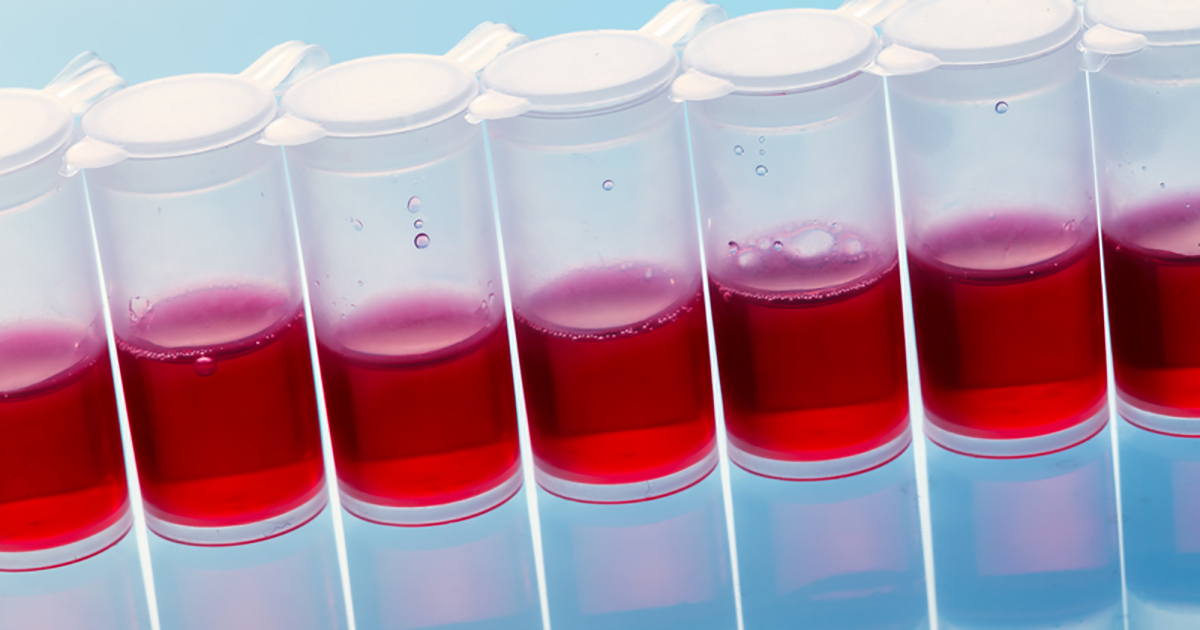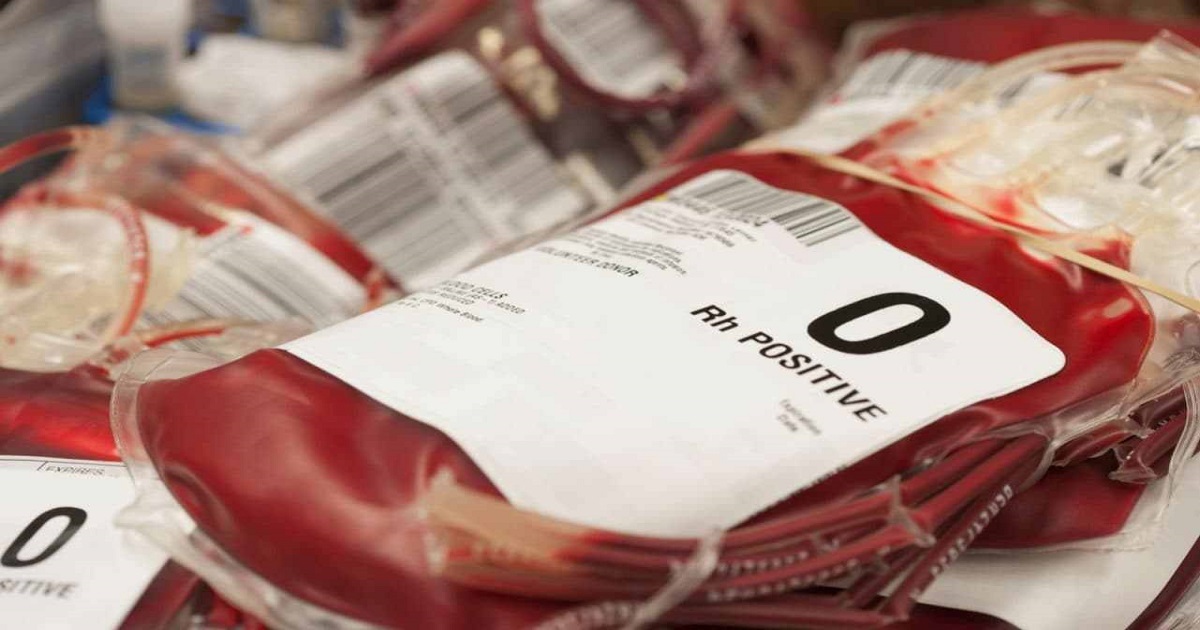Eating For Your Blood Type
The blood type diet was created to improve general health and reduce the risk of specific illnesses. Based on blood type, the diet is designed to help the individual's body digest food more efficiently and avoid chemical reactions that lead to hormonal disruptions. The idea was formulated by a naturopathic physician named Dr. Peter J. D'Adamo who believes the blood causes a chemical reaction when it mixes with a protein called lectin, which is found in specific foods. This protein can interfere with some bodily functions because of its effect on the digestive tract and its ability to cause clumping of cells in the body. In addition, an individual's blood type may increase their risk of developing particular diseases or ailments. There's a completely different diet for each blood type. Learn more about eating for your blood type now.
Diet Guidelines Recommended For Type O
Individuals with type O blood can digest proteins and fat better than those with other blood types because they have higher amounts of stomach acid. Diet guidelines recommended for type O include a high-protein diet and supplements to help with stomach problems and other issues. Food groups to be avoided include dairy because they may cause unnecessary weight gain or inflammatory and autoimmune responses. Individuals with O blood types may benefit from animal proteins, such as beef, lamb, veal, mutton, venison, and fish. Foods that should be avoided include pork, goose, barracuda, pickled herring, catfish, smoked salmon, octopus, conch, caviar, dairy, and eggs. Nuts are rich in protein and healthy fats and are recommended for O blood types, except for poppy seeds, brazil nuts, cashews, peanuts, and pistachios. Most types of beans are allowed. Acceptable grains include buckwheat, barley, rye, amaranth, Kamut, kasha, millet, spelt, and Ezekiel bread. All others should be avoided. Most vegetables and fruits are fine for consumption when eating for type O blood. Beverages to avoid include beer, coffee, distilled liquor, and black tea.
Learn about the dietary recommendations for individuals with type AB blood.
Diet Recommendations For Type AB

Type AB, a mix of type A and type B blood, is a rare blood type. Individuals with this blood type share characteristics of type A and type B, and can acquire either or both. This unique situation puts individuals with this blood type at a higher risk for chemical reactions because they inherited the challenges of both. Individuals who are type AB have low levels of stomach acid, but they’re able to consume lots of meat. Insufficient amounts of stomach acid can cause digestive problems or other issues. Smaller, more frequent meals are recommended to combat this problem. Eating certain foods at the same time, such as starches and proteins, can slow down digestion and metabolization of food. Diet recommendations for type AB include consuming tofu, seafood, dairy, and green vegetables. Types of fish recommended for the AB diet include red snapper, mahi-mahi, salmon, sardines, and tuna. Vegetables such as broccoli and kale are good for this blood type. Certain dairy products like yogurt or kefir are beneficial for the AB diet. Things to avoid include caffeine, alcohol, and smoked or cured meats.
Discover how individuals with type A blood can eat for their blood type next.
